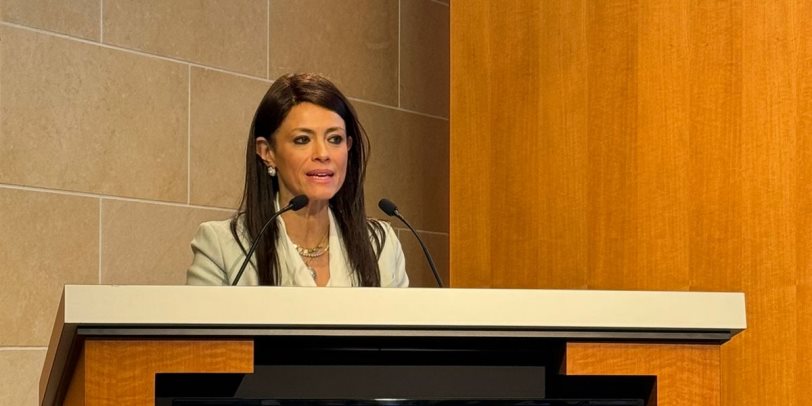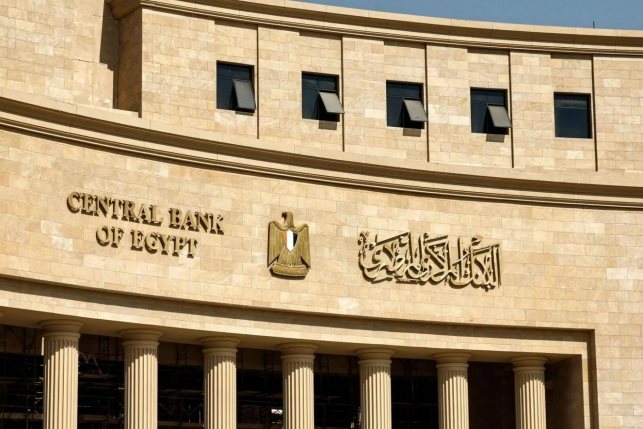Structural reforms enhance long-term macroeconomic resilience & mitigate risks from future shocks | MOICMin
Al-Mashat stressed that at a time when the world is witnessing successive and intertwined crises, it has become necessary to achieve structural change and reform in economic policies, especially for developing countries and emerging economies

Minister of International Cooperation and Governor of Egypt at the World Bank Group, Rania Al-Mashat, participated in the conference “Rethinking Economic Policy: Steering Structural Change,” which was organized by the Peterson Institute for International Economics (PIIE) in cooperation with the International Monetary Fund (IMF).
In her presentation, the Minister indicated that economic stability policies address short-term imbalances, while structural reforms ensure support for the steadfastness and resilience of the economy and lay a foundation for long-term stability, which reduces the economy’s exposure to external shocks and helps mitigate imbalances.
Al-Mashat stressed that at a time when the world is witnessing successive and intertwined crises, it has become necessary to achieve structural change and reform in economic policies, especially for developing countries and emerging economies, and to redraw priorities, explaining that structural reforms and macroeconomic stability are mutually reinforcing strategies to drive growth and achieve stability.
External shocks prevent the sustainability of structural reforms in developing countries, which causes the gap between developed and developing economies to widen and requires accelerating reforms to put the economy back on track, according to Al-Mashat. She explained that industrial policies are a key element in structural reforms, as they work to achieve supporting economic competitiveness, but they also require supportive financial policies to achieve the desired results and transition to a green and digital economy.
The Minister noted that at a time when developing and emerging economies face an increasing need to accelerate structural reforms, industrial policies are of great importance by increasing investments in sustainable and clean infrastructure to drive the transition to a more urban economy, create job opportunities, and stimulate innovation.
Al-Mashat also stressed that in light of global calls for a green transition in global trade and the creation of sustainable value chains, investment in clean technologies must be enhanced as it is crucial to maintaining the competitiveness of the economy.
Egypt plans to increase the percentage of green projects in public investments to the level of 50% during the fiscal year 2024/2025. The government has also begun developing a new strategy for industry to encourage economic growth led by the private sector in cooperation with the World Bank Group, one of Egypt’s most prominent development partners.
The Minister spoke about the measures taken by the Egyptian government to enhance macroeconomic stability and structural reforms through several measures, including controlling public financial conditions, increasing local revenues, enhancing transparency in the management of state-owned companies, and adopting a flexible exchange rate system, in addition to pursuing a clear strategy to increase social spending and meet the immediate needs of the lowest-income groups that could be negatively affected by the reforms being implemented.





